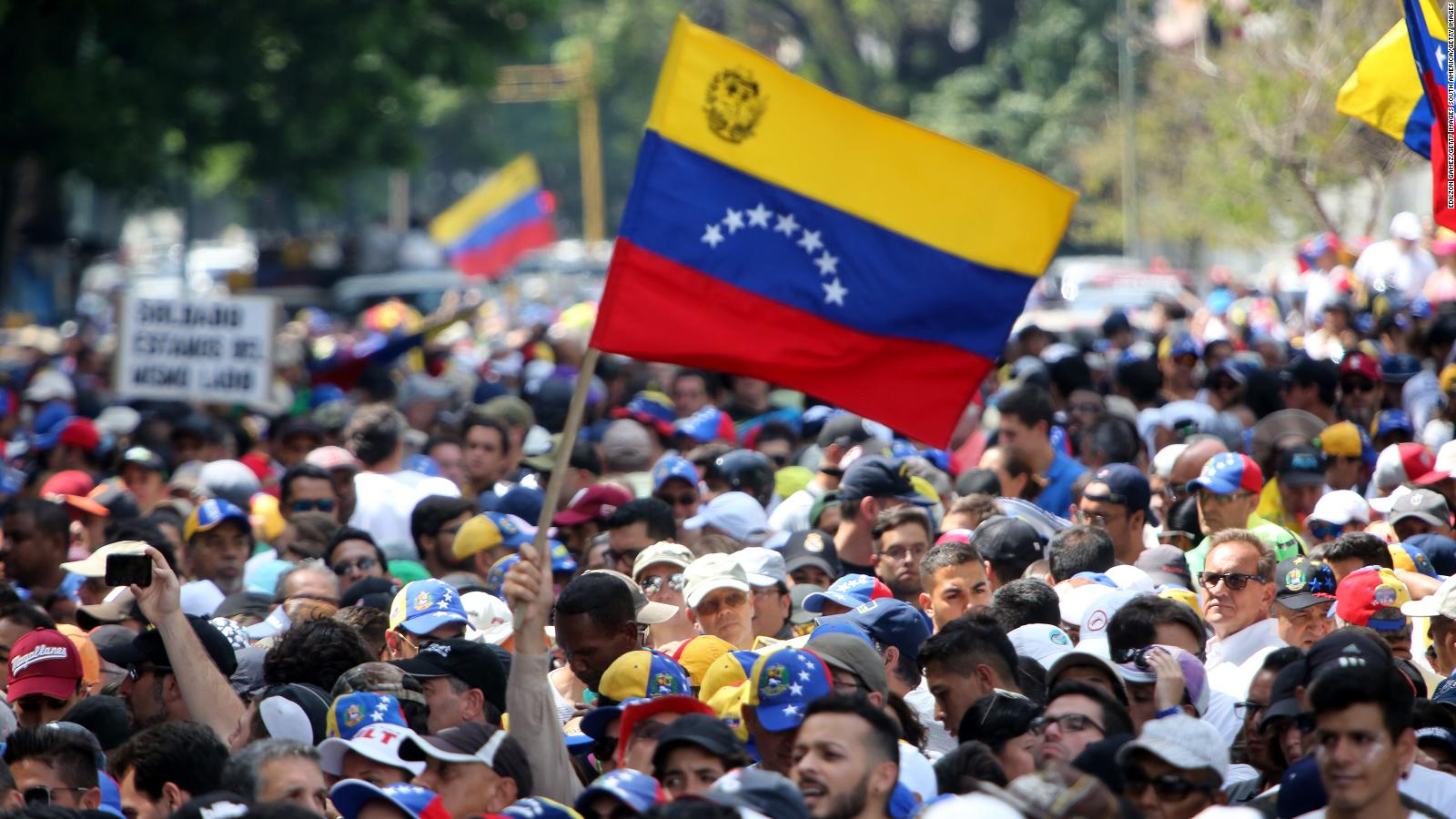On August 28, the parents of Juan Pablo Pernalete, the young man killed in the 2017 protests due to the impact of a tear gas canister on his chest, inaugurated a mural in the El Marqués de Caracas urbanization, in the midst of a heartfelt act which was attended by journalists, activists and students. These acts to perpetuate the memory of victims of human rights violations, and with it the desire that they do not happen again, are common in Latin America. However, this activity had a notable difference: It occurred inside a home, in a private space.
Although the image can be seen from the street, the memory of the abuse of power in our country has lost ground in the public space, due to the possible repercussions. A clear precedent for this trend occurred on June 7, when four young people were arrested in the Chacao municipality, also in the capital, after an event to commemorate the fifth anniversary of Neomar Lander’s death. The fact reiterated that, in times of cohabitation, there is no safe territory to openly express dissent in the country.
In a hidden way, an attempt is made to impose a new social pact in the Venezuela of 2022: The one of silence. The government tries to capitalize in its favor the desire for certainty and improvement in the quality of life of a sector of the population, after two years of quarantine and twenty years of confrontation. “If they don’t get involved in politics they won’t have problems”, is one of the underlying messages. “We must turn the page,” insist those who promote the supposed advantages of dollarization. The concerts of international artists and the opening of restaurants try to strengthen the feeling of new well-being. While the laboratories spread the tweets, hundreds of families try to cross the Darien in search of the future that their country denies them.
In Venezuela, the conflict changed after expectations of a short-term change of government were defeated. If the objective of returning to democracy will be fulfilled in a much longer period, it means that the current authorities will be the same for several more years, which requires a different approach from the one applied until 2019. The rearticulation of a strategy different not only needs an honest assessment of what happened, but also time for the different guilds to rebuild themselves internally and generate new agreements and consensus.
This moment of ebb could be interpreted as defeat, which in part it is. But it is different to understand it as circumstantial to a definitive one, that what there is is what there will be from now on, without the possibility of transforming it. The amnesia, that we do not talk about what happened, is functional to the message that Chavismo will remain in power infinitely.
The 2017 protests were the highest point of the “maximum pressure” strategy to promote a transition due to the collapse of the regime. For this reason, it is important to break the silence imposed on them, and talk about what we can improve and do differently in the future, but also about the powers that the crowd revealed during those days. Also to demand justice, truth and reparation. To overcome the duel over what was not, I postulate a belief: As triumphant revolutions fade during the exercise of power, becoming the worst they were supposedly facing, the most inspiring historical events were, precisely, the defeated rebellions: The Paris Commune, the Spanish Revolution of 1936, the French May, to name a few.
The Venezuelan epic of the year 2017 must be remembered precisely for its desires and for the courage and generosity that Venezuelans showed when necessary. As a possibility it is so dangerous that Tyrians and Trojans want it to be forgotten, or talked about in private spaces, quietly. But politics, in the broad sense, is precisely that: making public what the powers that be want to keep hidden.




